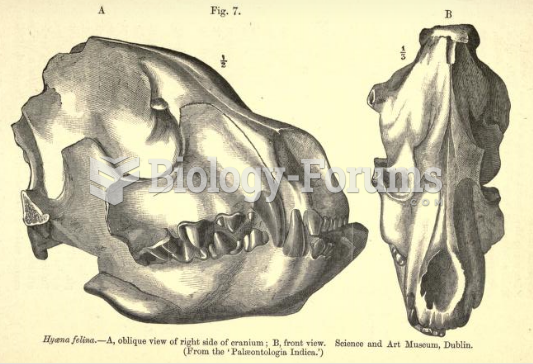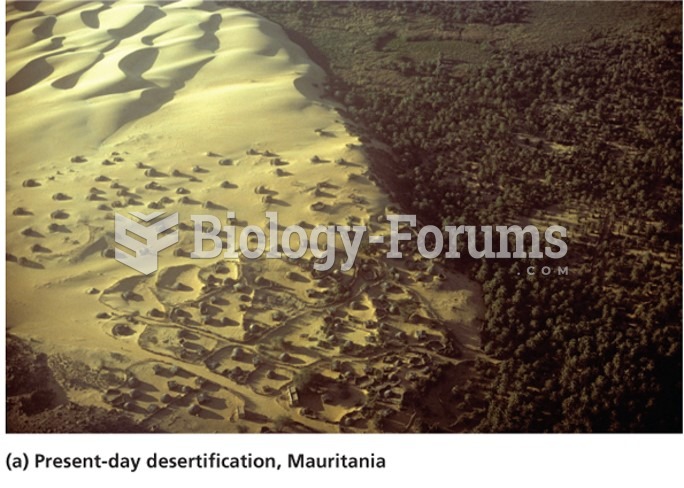This topic contains a solution. Click here to go to the answer
|
|
|
Did you know?
Illicit drug use costs the United States approximately $181 billion every year.
Did you know?
Sperm cells are so tiny that 400 to 500 million (400,000,000–500,000,000) of them fit onto 1 tsp.
Did you know?
The B-complex vitamins and vitamin C are not stored in the body and must be replaced each day.
Did you know?
About one in five American adults and teenagers have had a genital herpes infection—and most of them don't know it. People with genital herpes have at least twice the risk of becoming infected with HIV if exposed to it than those people who do not have genital herpes.
Did you know?
There are approximately 3 million unintended pregnancies in the United States each year.
 he White-throated Bee-eater, Merops albicollis is a near passerine bird in the bee-eater family Mero
he White-throated Bee-eater, Merops albicollis is a near passerine bird in the bee-eater family Mero
 The world attempted to deal with Somalia as if it were a real country but painfully learned that Som
The world attempted to deal with Somalia as if it were a real country but painfully learned that Som





